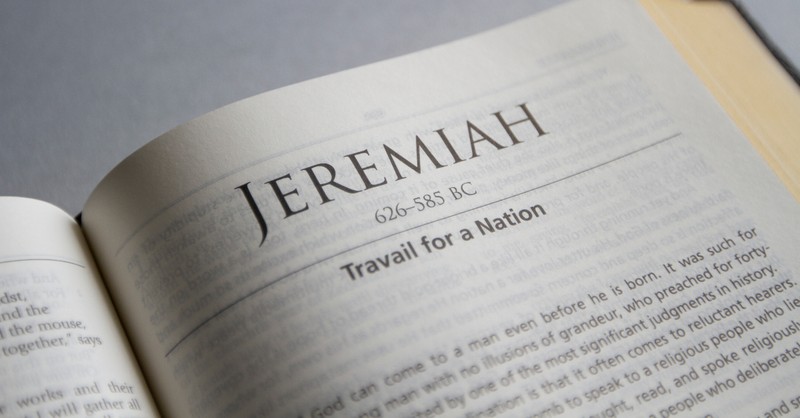God’s everlasting love, though mentioned specifically in this passage is showcased many times in the Bible.
Scripture is replete with two kinds of stories, both indicative of God’s love.
One type consists of people turning their backs on God through sin, only to return later seeking forgiveness. Take for example how God freed the Israelites from bondage in Egypt. However free they became, they struggled to maintain their faith in the Lord.
Despite their inconsistent faith, God was consistent in His love for them. He kept His promise from generation to generation that they would inherit the Promised Land. Though not everyone lived to see the promise fulfilled, God kept His word to His people.
The other kind of stories are those where people who did not believe in Christ, like Paul, came to find redemption. Paul who once persecuted Christians became someone who proclaimed the gospel. Though he didn’t begin as one of God’s people, he became one.
That reversal in his story reflects the kind of love that God has for his people, constantly pursuing and welcoming us with open arms, no matter where we are in our faith journey.
If these examples are reflective of God’s everlasting love, then we can be sure that God’s love extends beyond generations. His love is full of forgiveness. God is ready to take us as His own whenever we are ready for Him.
God wants nothing more than to take us in and redeem us into better people.
A love that is not bound by time is everlasting. A love that is unconditional is everlasting. No matter how we choose to define God’s love, we can’t ignore the everlasting quality.
No matter what we have done or where we are in our faith journey, God is willing to love us.
No matter if we just started believing, or are still unsure, God is ready and willing to embrace us with his everlasting love.
And for that we have to say, thank you!
Photo Credit: © iStock/Getty Images Plus/kevron2001












